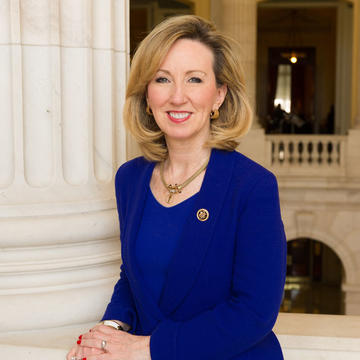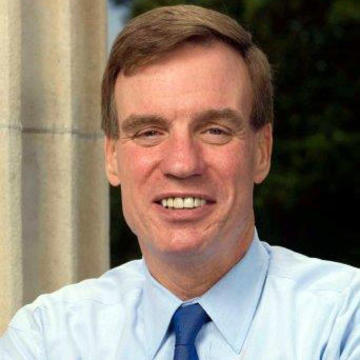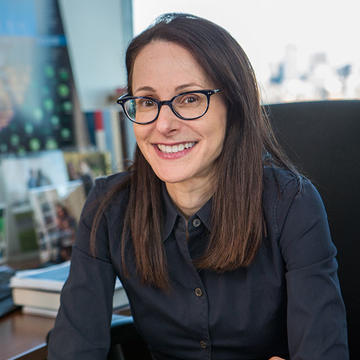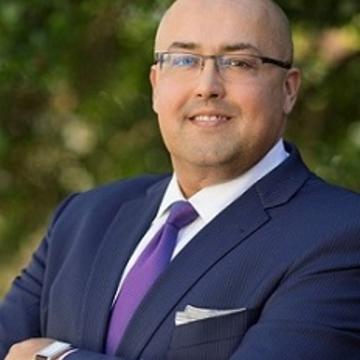Democracy Dialogues
Social media vs. democracy
Barbara Comstock (R-VA), Mark Warner (D-VA), Danielle Citron, Siva Vaidhyanathan
9:30AM - 10:30AM (EDT)
Event Details
Ten years ago, the world watched as young people with mobile phones overthrew dictatorships in Egypt and Tunisia. Those heady days launched a period of idealization of American digital technology—specifically social media—and its potential to empower democratic movements around the world.
Fast forward five years, and the world learned a different story: Social and digital media was used to amplify nativism, authoritarianism, racism, and religious intolerance.
Now, in 2022, leaders in policy, academia, and industry are reexamining their assumptions about these platforms and their effects.
Join a discussion considering today’s most important questions:
- What is the best way to regulate big tech?
- What is the relationship between social media and election security?
- Can we reform social media and impose platform moderation without infringing upon speech rights?
- What are the implications for data privacy and consumer protection?
This event is part of the Democracy Dialogues series produced by UVA's Karsh Institute of Democracy with the goal of strengthening democracy through civil debate. It is co-sponsored by the Miller Center and made possible thanks to the generous support of the George and Judy Marcus Democracy Praxis Fund, Ingrid and David Hang, and James B. Murray, Jr.
When
9:30AM - 10:30AM (EDT)
Where
&
Online webinar
Speakers

Barbara Comstock (R-VA)

Mark Warner (D-VA)

Danielle Citron

Siva Vaidhyanathan